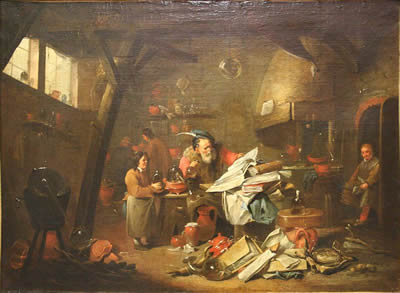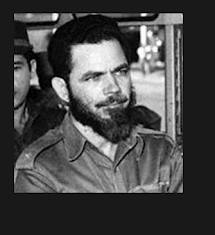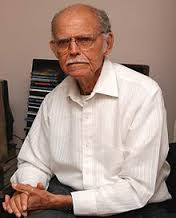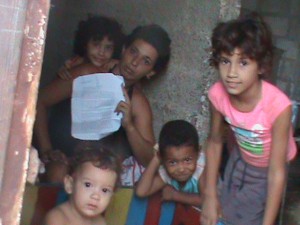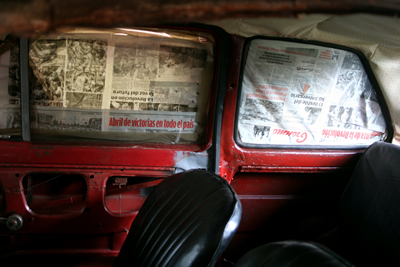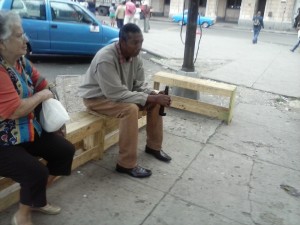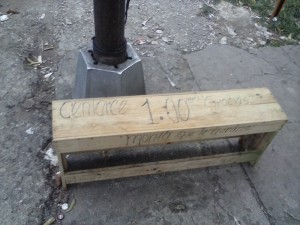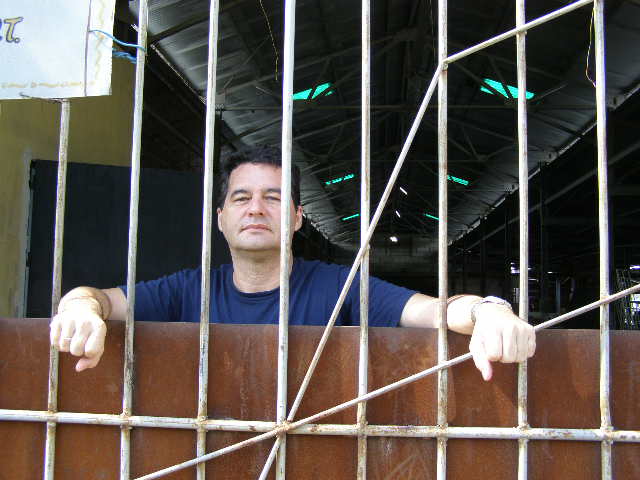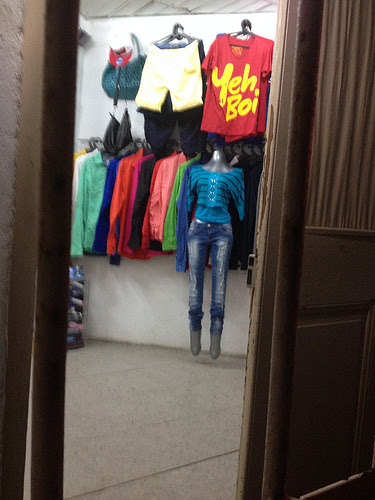As an attorney, to speak in economic terms is a litmus test or a tightrope walk, and which both situations demand respect for a central issue in the lives of other social spheres in which man intervenes.
I will not elaborate further, I will comment as to my views on the new, but limited, economic opening that is being talked of in the country today.
The current environment of small and smaller private Cuban businesses, as we can not speak of medium enterprises, are generally characterized by lack of rights of the owners, higher personal income taxes and sometimes for alleged profits are actually received by the self-employed. continue reading
Similarly, the lack of legal power and along with this, of institutions that guarantee impartiality toward the breach of contractual obligations, require a third party does that not respond to the state interests and serves as a mediator with potential conflicts.
If to this we add that the practice requires efficient and accessible accounting programs, due to the lack of basic training to meet the new challenges and the lack of expertise in performing the activity; elements that objectively hinder the essence of the establishment and management of a business for its development.
Until these constraints are resolved, the platform on which these controversial private forms are erected is born crooked, and to paraphrase the old saying, if one builds on a such a platform it can never be straightened.
23 December 2013





